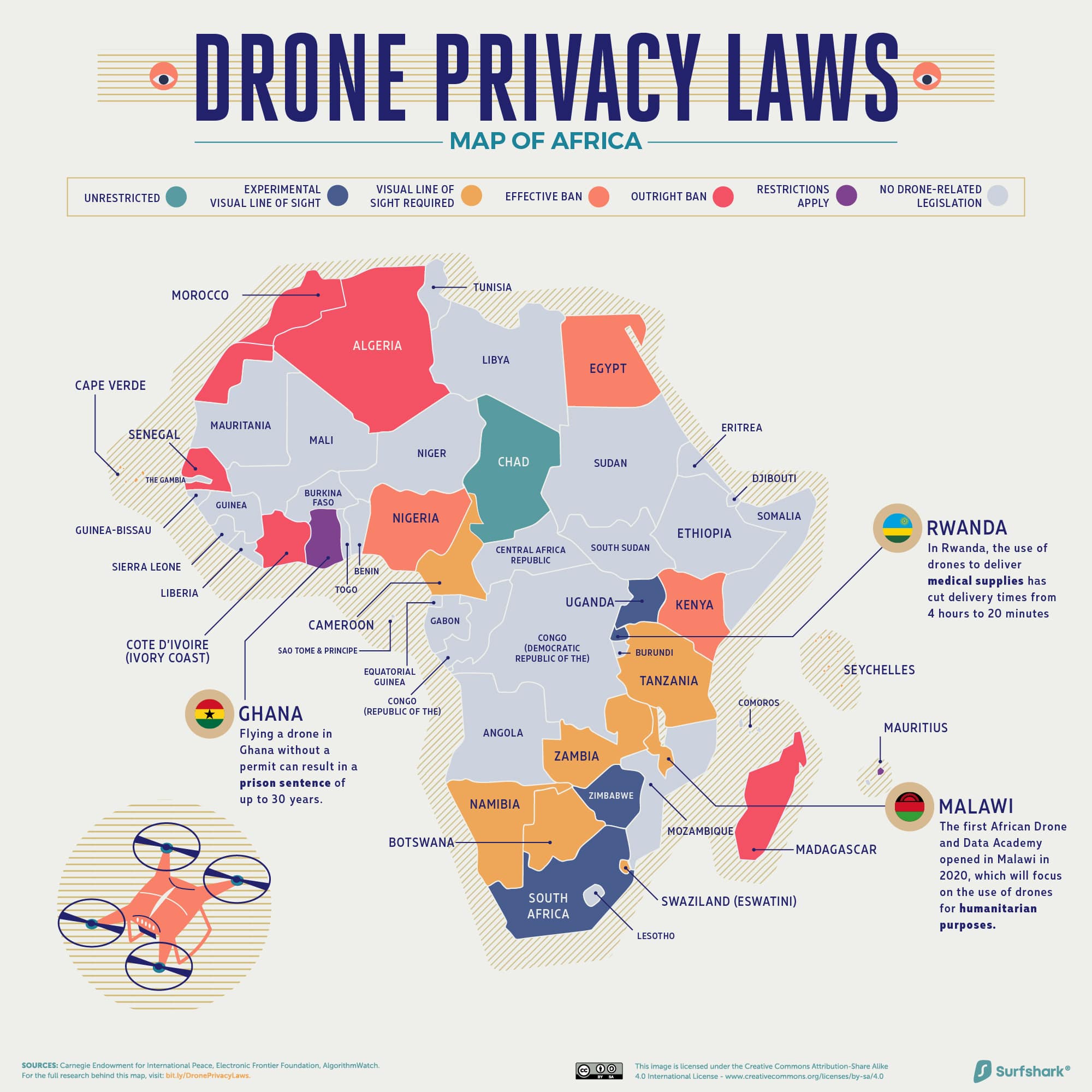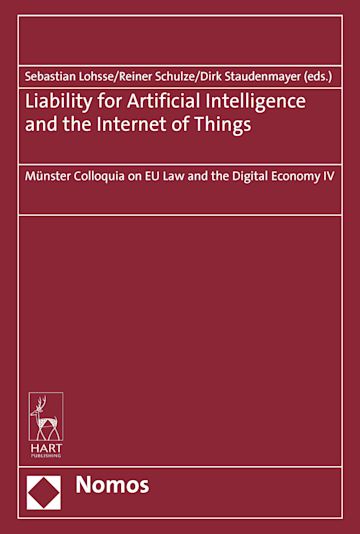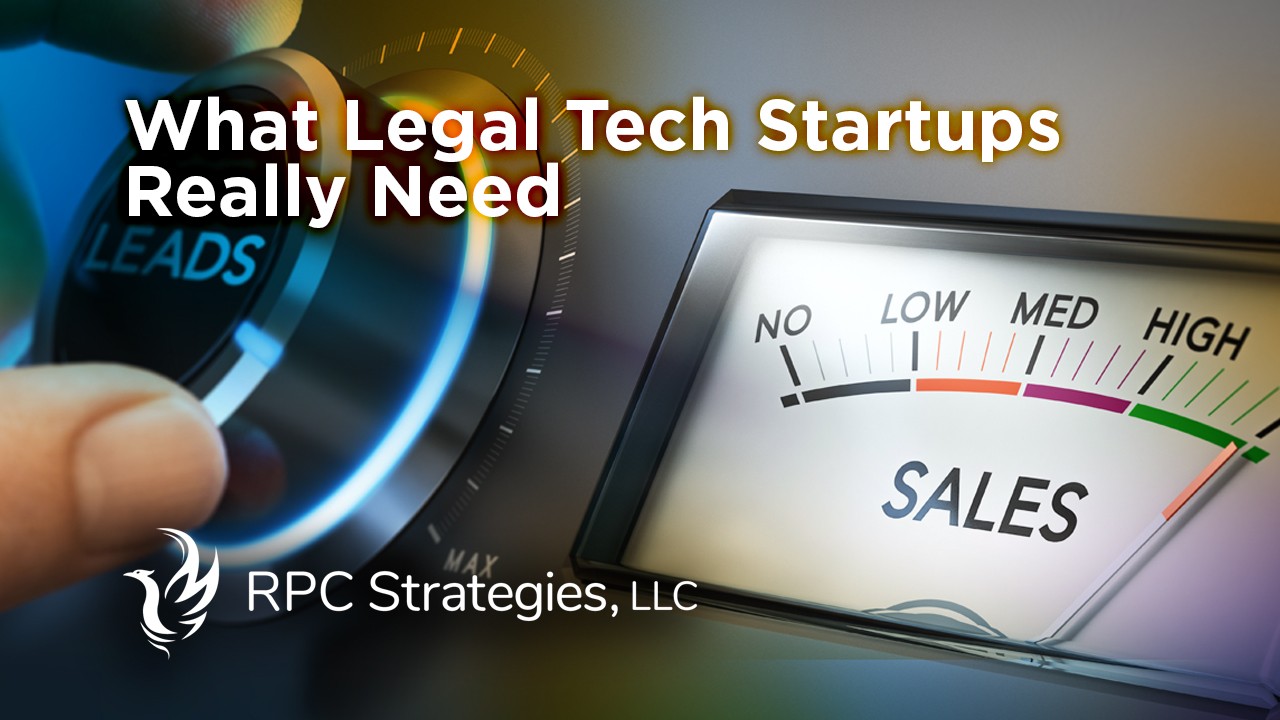
Navigating Drone Privacy Laws: Balancing Innovation and Privacy
The proliferation of drones in various industries has sparked a need for comprehensive drone privacy laws. As these unmanned aerial vehicles become more prevalent, concerns about privacy violations have prompted governments to establish regulations. In this article, we explore the intricate landscape of drone privacy laws and the delicate balance between innovation and privacy.
The Rise of Drones in Various Sectors
Drones have revolutionized industries such as agriculture, surveillance, filmmaking, and delivery services. Their ability to capture aerial footage, collect data, and perform tasks efficiently has led to widespread adoption. However, the increased use of drones has raised significant privacy concerns, prompting the development of specific laws to address these issues.
AstroidIT: Navigating Drone Privacy Laws
Stay informed about the latest insights and resources on drone privacy laws by visiting AstroidIT. AstroidIT provides valuable information to help individuals and businesses understand the nuances of drone regulations and navigate the evolving landscape of drone privacy.
Privacy Concerns in Aerial Surveillance
One of the primary concerns associated with drones is their capacity for aerial surveillance. Drones equipped with cameras can capture images and videos, potentially intruding on individuals’ privacy in residential areas or public spaces. Drone privacy laws aim to establish boundaries for permissible surveillance and protect individuals from unwarranted intrusion.
Regulating Drone Operations in Urban Spaces
Urban environments pose unique challenges for regulating drone operations. The close proximity of buildings and people requires careful consideration of privacy implications. Drone privacy laws often address issues such as flight altitude restrictions, no-fly zones, and limitations on capturing images or videos in densely populated areas.
Data Collection and Storage Regulations
Drones are not only equipped with cameras but also sensors and other technologies for data collection. Drone privacy laws address the responsible collection, processing, and storage of data gathered during drone operations. Ensuring secure and ethical handling of data is essential to protect individuals’ privacy rights.
Geofencing and No-Fly Zones
To mitigate privacy and safety risks, many drone privacy laws incorporate geofencing technology. Geofencing establishes virtual boundaries that prevent drones from entering restricted or sensitive areas, such as airports, government facilities, or private properties. Implementing no-fly zones contributes to both privacy and public safety.
Consent and Notification Requirements
Some drone privacy laws mandate obtaining consent or providing notifications before conducting drone operations in certain situations. This is particularly relevant when drones are used for commercial purposes, events, or activities that may impact individuals’ privacy. Clear communication and transparency are essential aspects of these regulations.
Educating Drone Operators and the Public
An integral part of successful drone privacy laws is education. Ensuring that drone operators are aware of and adhere to privacy regulations is crucial. Additionally, educating the public about their rights and the potential impact of drones on privacy fosters a cooperative environment and helps prevent privacy disputes.
Penalties for Violations
Drone privacy laws typically include penalties for violations to incentivize compliance. Penalties may vary based on the severity of the breach and the intention behind it. Establishing consequences for privacy violations creates accountability and discourages irresponsible drone operations.
International Collaboration for Consistency
Given the global nature of drone operations, there is a growing need for international collaboration to ensure consistency in drone privacy laws. Harmonizing regulations across borders promotes a unified approach to privacy protection and facilitates the responsible and ethical use of drones on a global scale.
Innovation and Privacy: Striking the Right Balance
Balancing the innovative potential of drones with privacy considerations is a continuous challenge. Drone privacy laws aim to foster innovation while safeguarding individuals’ rights. Striking the right balance involves ongoing dialogue between policymakers, industry stakeholders, and privacy advocates to adapt regulations to the evolving capabilities of drone technology.
In conclusion, navigating drone privacy laws requires a comprehensive understanding of the intersection between innovation and privacy protection. Stay informed about the latest developments and resources on drone privacy laws by visiting AstroidIT. AstroidIT provides valuable insights to help individuals and businesses navigate the complex landscape of drone regulations and privacy considerations.




